April 19th, 2024
Top 10 AI Academic Research Tools
By Zach Fickenworth · 8 min read

Overview
1. Consensus: The AI-Driven Research Index
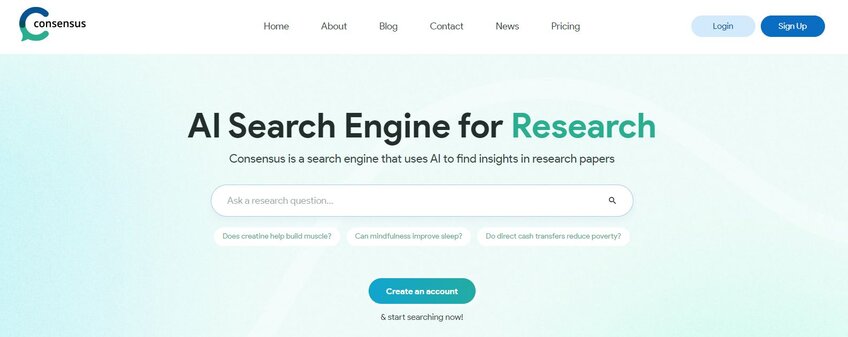
2. Julius.ai: Your Comprehensive Data Analysis Solution

Experience the power of advanced data analysis with Julius.ai. This versatile tool is not just limited to basic tasks; it's equipped to perform complex analyses such as regression, time series, cluster analysis, Principal Component Analysis, and sentiment analysis, among others. Whether you're forecasting trends, uncovering hidden patterns, simplifying intricate data sets, or gauging public opinion, Julius.ai is your go-to resource for insightful, data-driven decisions.
3. Elicit: Automating Research with AI
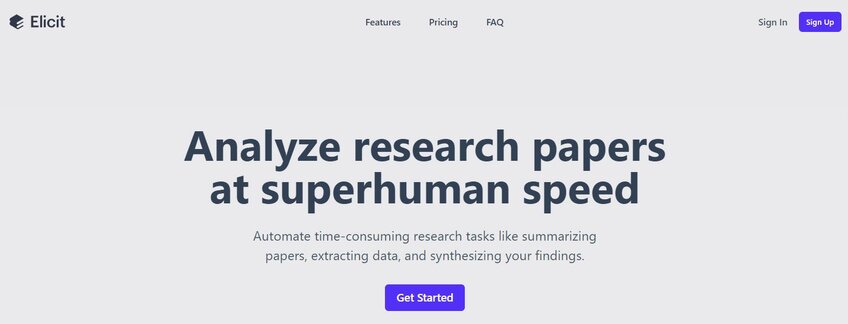
4. SciSpace: AI-Driven Scientific Publishing

5. Scite: AI Assistant for Research Collaboration
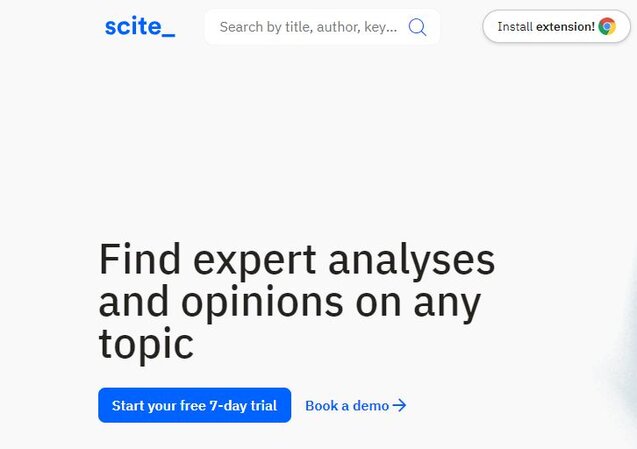
6. Bit.ai: Organizing the Information Overload
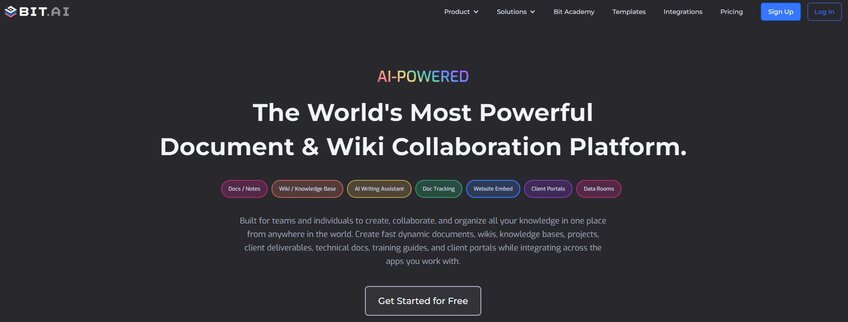
7. Trinka: The AI Language Editor
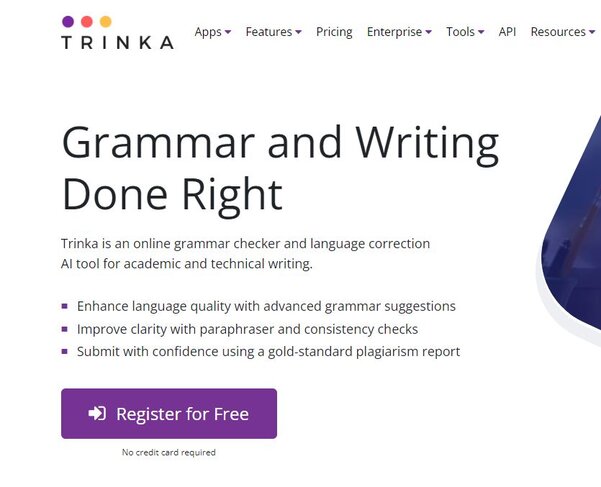
8. OpenRead: Interactive Literary Analysis

9. Semantic Scholar: Beyond Google Scholar

10. ChatPDF: Interactive PDF Conversations
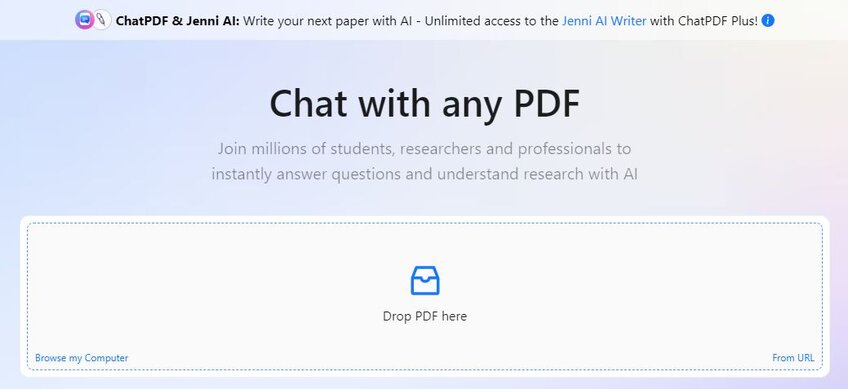
ChatPDF allows users to interact with any PDF, including books and research papers, without logging in. Utilizing an advanced AI model, it comprehends PDF content and provides relevant responses, enhancing user understanding.
Conclusion
In the digital age, AI-powered tools are indispensable for academic researchers. From organizing data to enhancing writing, these tools offer innovative solutions to traditional research challenges. The landscape of academic research has been transformed by the advent of AI-powered tools. These innovative solutions offer a wide range of functionalities, from AI content detection to efficient data management to in-depth analysis, catering to the diverse needs of researchers. With capabilities such as regression analysis, time series analysis, cluster analysis, Principal Component Analysis, and sentiment analysis, these tools have become indispensable in the modern research process. They enable researchers to navigate through vast amounts of data with ease, uncovering insights and patterns that might have been overlooked. By integrating these tools into your research workflow, you can enhance the efficiency, accuracy, and depth of your studies, paving the way for new discoveries and advancements in your field.
Frequently Asked Questions (FAQs)
Can AI do academic research?
AI can assist significantly in academic research by organizing data, analyzing datasets, summarizing literature, and even generating hypotheses. Tools like Elicit and Consensus streamline processes like finding relevant studies and extracting key insights, but the critical thinking and interpretation required for original research remain human responsibilities.
Can I use AI to write my research paper?
AI can help with tasks like grammar checks, formatting, and summarizing sections of your research paper, using tools like Trinka and Julius. However, it's important to ensure the final work reflects your own ideas and analysis to maintain academic integrity and meet ethical standards.
Can my professor see if I used AI?
Yes, many universities use AI detection tools to identify content generated by AI. While tools like ChatPDF or Trinka can assist in research and writing, ensure that your work adheres to your institution's guidelines and represents your authentic effort.
